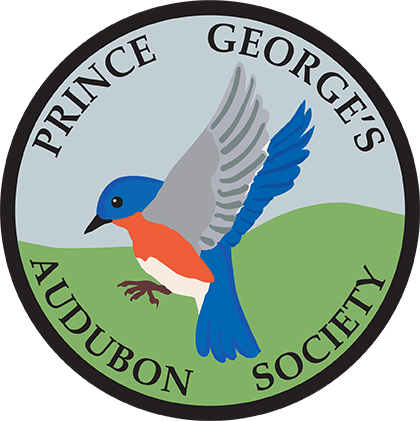Prince George’s Audubon Society endorses and adopts National Audubon Society’s values that Black Lives Matter. Here is President David Yarnold’s message to us all.
Dear Colleagues,
Black lives matter. Our nation is in turmoil because our governments, our institutions (including Audubon), and private individuals haven’t done nearly enough to act on that fundamental truth.
George Floyd, Breonna Taylor, and Ahmaud Arbery should still be alive—our deeply flawed and unequal criminal justice system must change. Christian Cooper’s life never should have been threatened for asking someone to leash a dog in a bird sanctuary. Black Americans should not face lower odds of survival and prosperity across every measure of well being in this country, but they do.
After everything that’s happened this weekend, we’re starting another work week in shared isolation, unable to offer comfort in person to one another. That, too, adds to our sense of loss. Our experiences are varied, but they’re nearly universal: we’re shaken, angry, frightened, resolved, despondent. And some of us may be seeing the faintest glimmer of hope that change will finally come.
In How To Be an Antiracist, Ibram X. Kendi writes, “Every policy in every institution in every community in every nation is producing or sustaining either racial inequity, or equity between racial groups.” People and institutions, Kendi argues, cannot be neutral (or “not racist”) in the face of racism — they can either actively fight racism as antiracists, or uphold racism through action or inaction.
Audubon is choosing action. Instead of using vaguer words, we’re going to talk about how Audubon can become antiracist in everything we do, internally and externally. That’s going to be a long conversation.
Today, here’s what I’d say to each of you:
First, take care of yourselves and each other. Managers, please check in with your teams this week to see how each person is doing and how you or Audubon can help. Take the time you need to process this moment and to express yourself.
To my colleagues who are Black and brown: Your lives and careers matter profoundly to me and to Audubon’s leadership. We’ll be releasing a plan by June 15 to get us collectively to a place where you are safer, more seen, and respected in your jobs every day.
To my Audubon colleagues who are white: Racism is something created and sustained by white people to give ourselves an advantage over others. It’s our responsibility to understand and interrupt all the ways—large and small—that happens. Here are three things I’d like to ask you to do this week:
Talk about racism with other white people in your life this week. I saw this painted on my running trail just this morning: “Silence is violence.” It was right next to the sign about social distancing, a reminder of that other life-changing event we’re experiencing that continues to rage out of control and is ravaging America’s most vulnerable.
Read or listen to How To Be an Antiracist by Ibram X. Kendi. It’s available as an e-book, and audio book, and, of course, a hard copy book. Audubon will cover the cost.
Watch and share Dr. J. Drew Lanham’s keynote address from the 2017 Audubon Convention.
Finally, this is #BlackBirdersWeek on social media, organized by a community of Black birders, scientists, and nature lovers, including our own Tykee James. Please follow along and share—I’m looking forward to seeing everything folks have to say.
Take care,
David
Prince George’s Audubon Society stands in solidarity with the Black community against centuries of violence, police brutality, systemic racism, and injustice. We disavow ALL forms of racism and prejudice. We unequivocally condemn racist sentiments, behavior, and systems that undermine the humanity, rights, and freedom of Black people. Prince George’s Audubon Society also urges you to learn about the experiences of black bird watchers.
Please consider the following:
Prince George’s Audubon Society
By Kenneth A. Cohen, Director and President
Lisa Bierer-Garrett, Director and Vice President
Sallie McElrath, Director and Secretary
Ikumi Kayama, Director and Treasurer
Teresa Watson, Director and Outreach Chair
Claudia Ferguson, Director and Wildlife Garden Chair
Beth Kantrowitz, Director and Conservation Chair
Maureen Blades, Director
Karen Jackson, Director
Kathy Shollenberger, Director


